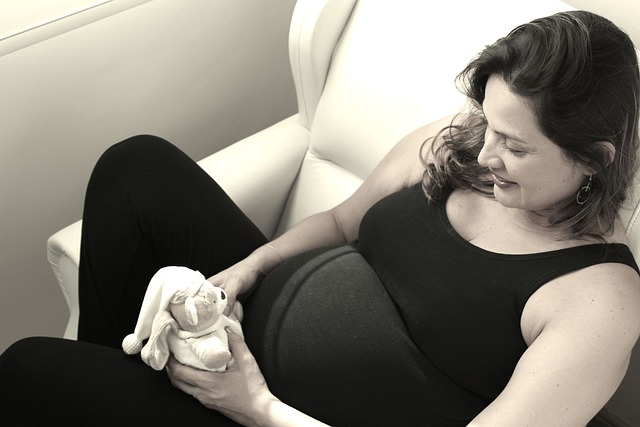If you’re thinking about freezing your eggs, one of the first questions that pop up is whether they’ll be safe during the freezing process and while they’re in storage. Rest assured, we take all necessary precautions to ensure your eggs are well-protected and ready for you when you’re ready to start a family.
Advanced Lab Techniques for Egg Preservation
In the past, the method used for freezing eggs was a slow-freeze technique. Eggs, being the largest cells in your body, contain a lot of water. This process often led to the formation of ice crystals, which could cause damage when the eggs were thawed, making it harder for them to develop into embryos.
Dr. Lisa Monroe, our lab supervisor, explains, “When ice crystals form, they can harm the cell membrane, leading to what we call ‘freezer burn’ or cryo damage. This raises concerns about whether the egg can recover after thawing.”
Thankfully, we’ve moved on to a much more effective method known as vitrification. This ultra-fast freezing process uses liquid nitrogen to prevent any ice crystals from forming in the eggs. Vitrification boasts impressive survival and pregnancy rates once you decide to thaw and use your eggs.
Dr. Monroe emphasizes, “Vitrification allows us to cool the eggs so quickly that they skip the freezing point entirely, preventing ice crystal formation.”
Secure Storage Practices
In our egg freezing program, we store your eggs in liquid nitrogen rather than vapor. While this method is pricier, it provides a more stable, lower temperature for long-term storage. This effectively halts any metabolism or water movement within the egg, significantly reducing the risk of freezer burn.
Stringent Lab Security and Protocols
All our storage tanks are monitored round-the-clock with alarm systems to ensure maximum security. Each tank is thoroughly labeled to maintain a clear chain of custody. From egg retrieval to freezing and storage, every detail—like your name and date of birth—is triple-checked by our dedicated team.
Patients also play a crucial role in this process by confirming their identity at various stages of their procedures. Over the years, we have adapted numerous nationwide protocols to enhance the safety of stored eggs and embryos. In the unlikely event of a major disturbance, we have backup facilities prepared to safeguard your eggs and embryos.
Conclusion
So, while the idea of freezing eggs can be a little daunting, modern techniques and rigorous safety protocols make the process much safer than it used to be. If you want to learn more about the ins and outs of pregnancy and egg freezing, check out this piece on the scary stuff about pregnancy. And for those looking to explore at-home options, consider the impregnator from Make A Mom, which could be a game changer. For additional information on the science of egg freezing, you can explore this excellent resource on in vitro fertilisation.
Summary:
In essence, the safety of frozen eggs is prioritized through advanced freezing methods, secure storage, and strict protocols. Vitrification is a leading technique that ensures better preservation and future success rates for those looking to start a family later.

